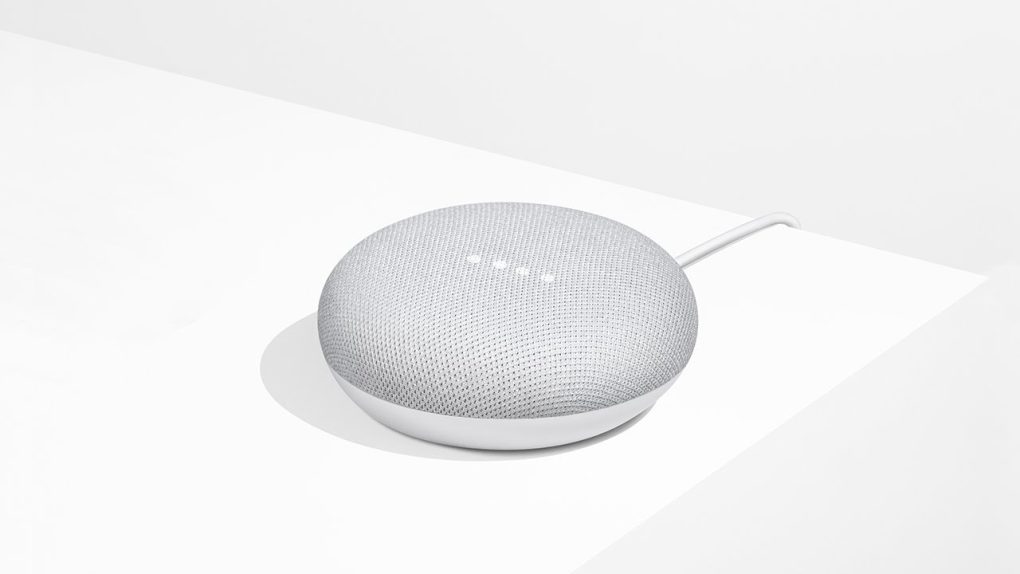Morgan Stanley analyst Brian Nowak is responsible for a stream of news headlines this morning thanks to a call he’s issued to Google in light of Amazon’s dominance of the smart speaker market – a market that according to the Gartner will see such speakers in at least 70 percent U.S. homes by 2022.
Nowak’s take is that Amazon, with its line of Echo-branded devices, is crushing it to such a degree in this space that Google should spend $3.3 billion to just give away the “Mini” version of its Google Home smart speaker, which retails for $49. “One way to look at it,” Nowak writes in an analyst note that walks through his reasoning, “GOOGL’s estimated US retail search profit over the next 5 years would cover this ~5X over.”
The Amazon Echo and Google Home speakers are the first- and second-most popular versions of such devices currently in the U.S., where they occupy a place in millions of homes. Another point driving Nowak’s recommendation to Google is illustrated by new data from research firm IHS Markit that shows revenue from smart speakers will hit $11.2 billion in three years, almost double this year’s revenue of $6.3 billion. Likewise, a Morgan Stanley report has estimated voice shopping to be a $44 billion space over the next three years.
Also worth noting is how such devices are strategic plays for big tech companies like Amazon, in that they’re springboards for customers to “access diverse information and e-commerce resources,” according to IHS Markit. And, of course, they’re tethers that keep customers plugged in to that device maker’s ecosystem.
Nowak published his recommendation for Google in part because of the Amazon threat, he notes in his commentary. That there’s an existential menace to Google’s search business in the form of “growth of voice shopping combined with AMZN’s expected install base advantage” which will, among other things, “reduce GOOGL’s visibility into consumer behavior.”
He thinks bundling the free speakers with something like a YouTube trial account that would hopefully convert into a paid YouTube subscription could add 6 percent to YouTube revenue and pay for the cost of the Home Mini giveaways.
Is $3.3 billion a small price to pay for a company like Google to counter a threat posed by the likes of Amazon? Maybe. Colin Morris, the director of Adobe Analytics Cloud, put it like this in a statement earlier this year about the current lay of the land, which illustrates why Google might conceivably see a move like this as practical: “The popularity of voice devices is proving to be a first credible challenge to touch as the primary interface for consumer electronics.”








